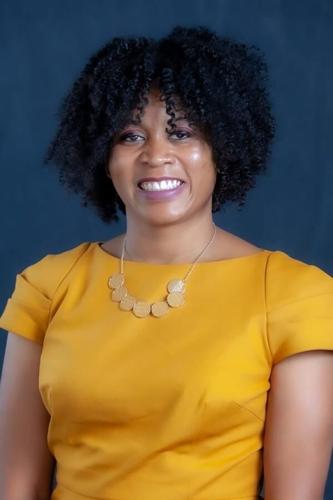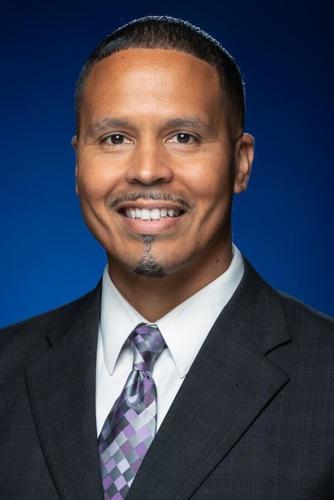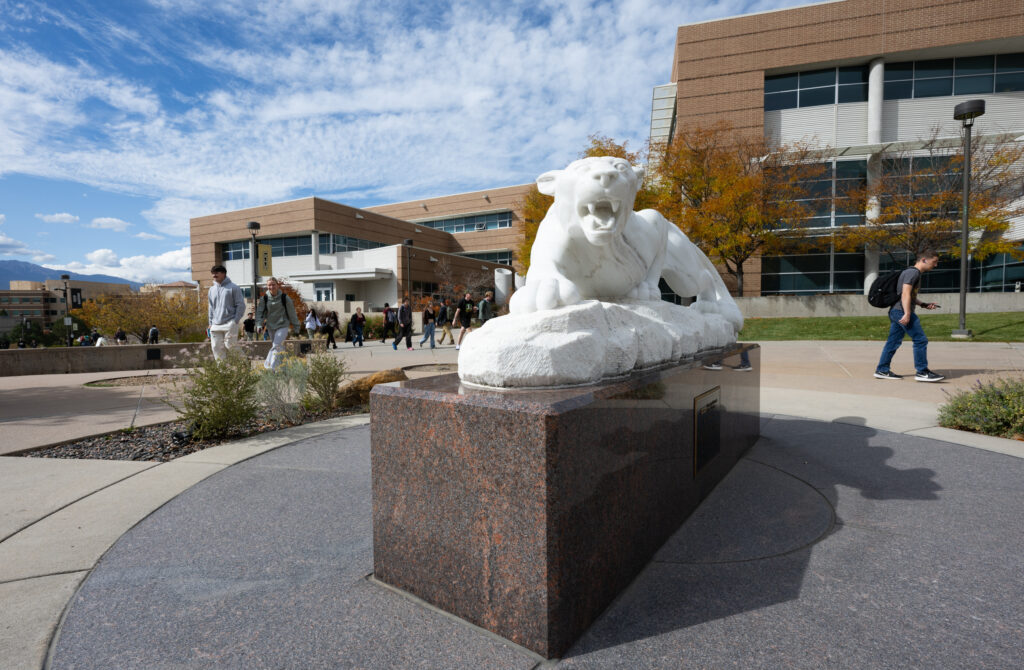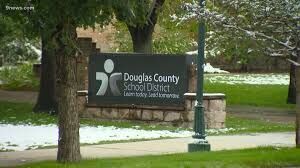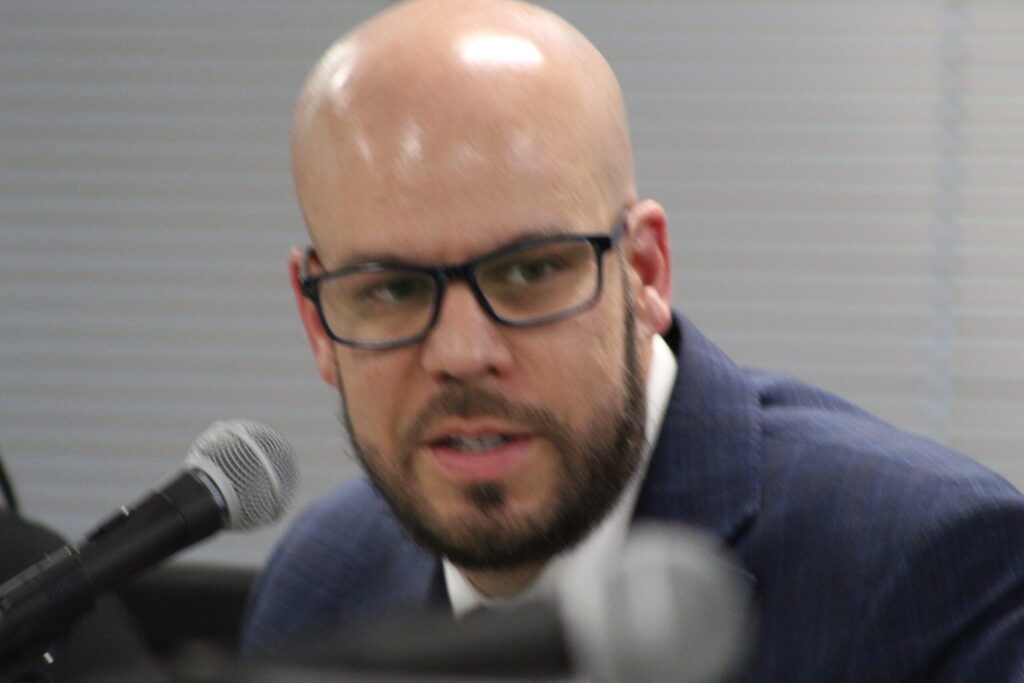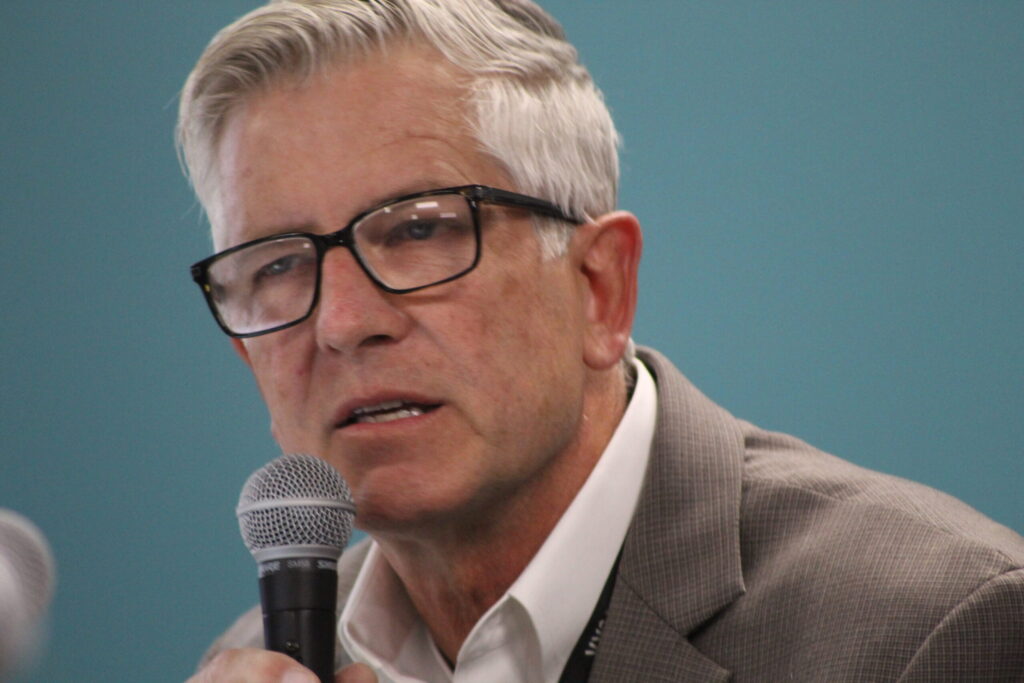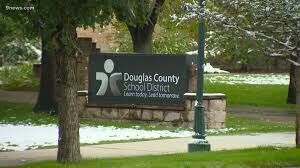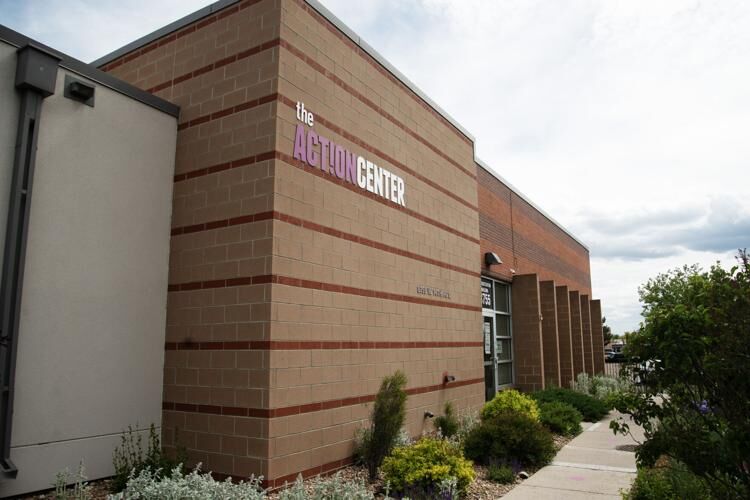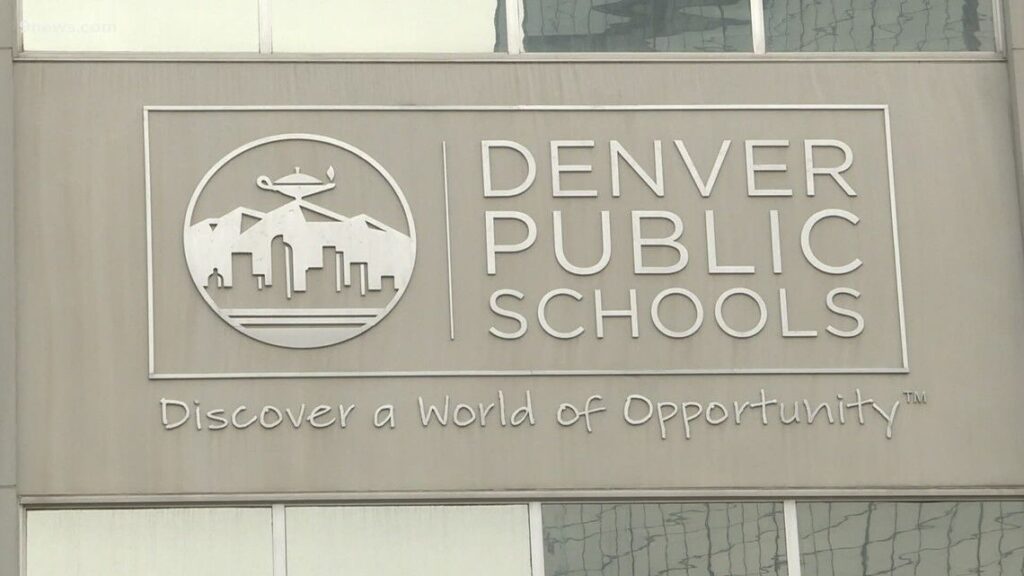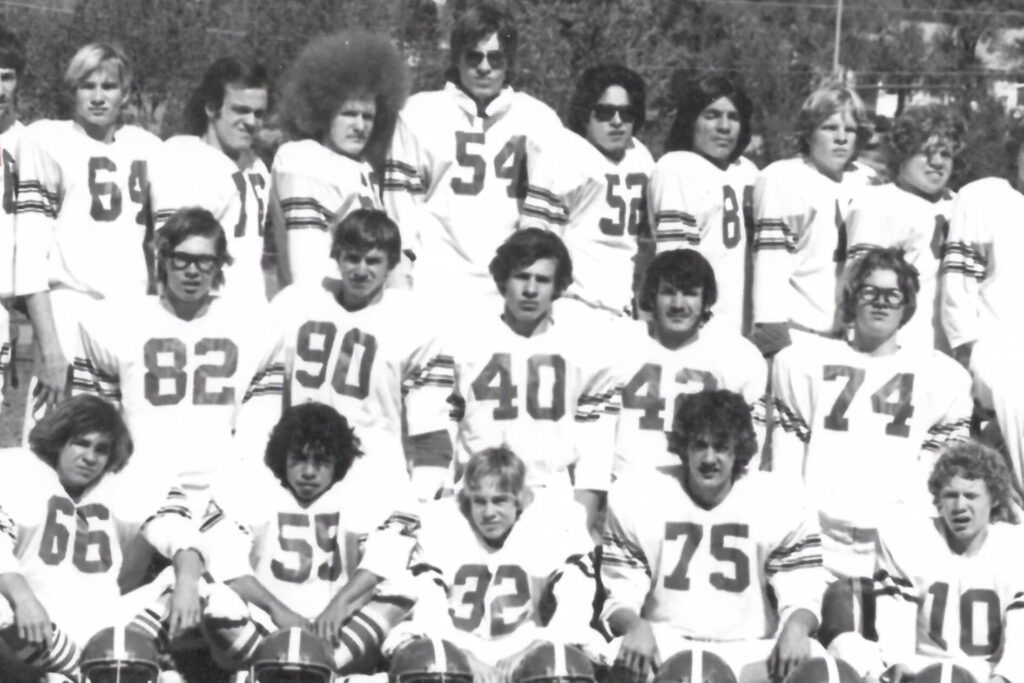Colorado Springs School District 11 facing criticism about its equity audit
COLORADO SPRINGS — Facing dropping enrollment and student proficiency scores that left Colorado Springs School District 11 ranked at 159th of 183 districts in Colorado in 2019, in May 2020, Superintendent Michael Thomas persuaded the D-11 Board of Education to adopt an equity policy calling for, among other things, “a framework that provides everyone the same access to the same opportunities.”
Thomas set about fulfilling his mandate by creating a district equity and inclusion department, appointing Alexis Knox-Miller as director and hiring an equity liaison and an administrative assistant for salary totals of $187,463.20 per year.
In the fall of 2020, Knox-Miller hired the American Institutes for Research, a nonprofit organization that conducts behavioral and social science research “to generate and use rigorous evidence that contributes to a better, more equitable world,” according to its website.
The company says it was hired “to conduct a comprehensive equity audit of the district’s programs, policies, practices and outcomes” for an as-yet undisclosed sum.
The audit’s purpose is to find “inequities” in district data and “associate them with strategies to target these drivers of inequality and improve opportunities and outcomes for the students who are most underserved.” The equity report was delivered to the district in June 2021.
In September, Knox-Miller announced a series of “equity café” public meetings to “discuss the findings from our equity audit and the path to move forward in D-11.”
But the format chosen by Knox-Miller to share the equity information publicly hasn’t been well received by all who attended the first three sessions.
Some former D-11 teachers and parents complain that the district appears to be trying to avoid direct conversations with them about their concerns with the equity audit report, the conclusions the district is drawing from the report and how the strategic plan involved will improve student test scores.
The “equity café” model only allows discussions among small, rotating groups of attendees about three specific questions.
The questions are:
• What’s your understanding of equity, the data that was just presented and why it is necessary to have an equity policy in D-11?
• What are the most pressing issues to you after viewing the equity audit findings? How would you solve for these issues?
• How will our larger community (example: families, businesses, justice system, etc.) be impacted by D-11 addressing the inequities in our data? What is your biggest hope for this work?
After a 25-minute rapid-fire recitation of selected portions of the equity audit report on slides displayed on a screen, Knox-Miller breaks the audience up into small groups that are directed to discuss each of the questions among themselves for 10 minutes and make notes on the question and response sheets provided and put any ideas on sticky notes.
Then the groups shuffle, and the next question is discussed. The process is repeated every 10 minutes with slightly different combinations until the remaining time for the meeting expires. Then Knox-Williams collects all the question sheets and sticky notes and the meeting is over.
Devra Ashby, chief communications officer for D-11, responding by email Monday for Thomas to questions posed by The Denver Gazette, wrote, “There was opportunity for questions and answers at the cafés, but as you know, the presentation needed to be the primary focus in order to get through the 78-page report.”
The Denver Gazette attended the second and third meetings, and at no time were attendees allowed to ask Knox-Miller questions either about her presentation or the equity audit report.
Complaints were heard that the presentation given by Knox-Miller provided little useful information because of the amount of information presented, the speed at which it was presented and the lack of interaction with the attendees to make sure what Knox-Miller was presenting was understood.
“This is the second café I’ve attended,” Sandra Bankes said. “I attended the first one, and it was so much information so quickly given that I needed to come again so I could process it. And I’m here again, and I’m still not sure I understood everything that they were trying to say to us. The dialogue between the district and us is missing.”
Asked if she thought the information the groups provided would be considered and factored into the district’s equity plans, Bankes said, “Am I confident? Based on what I’ve seen so far, I think that the only way we’re going to get answers is if we hold the superintendent accountable for giving the patrons and the parents the responses that they’ve asked for.
“When it’s not a two-way conversation, I think that it’s a one-way conversation. It’s not getting us to new information,” Bankes said. “It’s us absorbing what’s being given to us.”
Joseph Boyle, a D-11 teacher for 14 years who attended both the Coronado and Mitchell High School events said, “I think there are a lot of questions to be asked about the data and about the conclusions having been drawn from the data. And I’m really disappointed that the district is not answering questions about it.
“Right now, it’s about having these little conversations at the tables and not engaging the district officials. Claiming that they’ll get around to them if we write them on sticky notes isn’t quite the same as a two-way conversation.”
Boyle is concerned that the cafés are for show.
“Are they doing this because this is part of the curriculum and okay, we got that out of the way, or we’ve met our quota with all these schools?” Boyle said. “Where’s all the data that we as groups needed tonight?”
Participants were not provided with hard copies of either the full equity audit report or hard copies of the slide presentation prior to the presentation.
Ashby stated in her email that “participants at the cafes were given QR codes to link to the report, as well as the link to the equity website.”
Knox-Miller also did not inform participants at any of the sessions so far that the district has already received the second part of the American Institutes for Research report that’s been “refined” as of Aug. 3. It sets forth the district’s strategic plan to reeducate
teachers on subjects such as “implicit bias awareness and interruption, racial equity, teaching with poverty in mind, culturally responsive pedagogy, identifying micro-aggressions and building an inclusive culture.”
When informed that this strategic plan was in the district’s hands, participants were surprised that the document was not mentioned at the meetings or provided to them. Nor was the document available on the district’s Equity and Inclusion Department’s website page as of Monday, although the equity audit report itself is.
In her email Ashby said, “In a community café-type setting, the priority for the discussion is to give participants the opportunity to speak with one another about the topics. The cafés were only scheduled for 90 minutes.“
Ashby did not explain why it was deemed a priority that participants speak with one another rather than to Knox-Miller or Thomas.
“As far as the refined root causes and strategy document, that has been made public to the Board of Education and posted on the BoardDoc website, where other public documents presented to the Board of Education are housed,” Ashby said. “It hasn’t been posted to the equity web page because we are in the midst of discussing data.”






